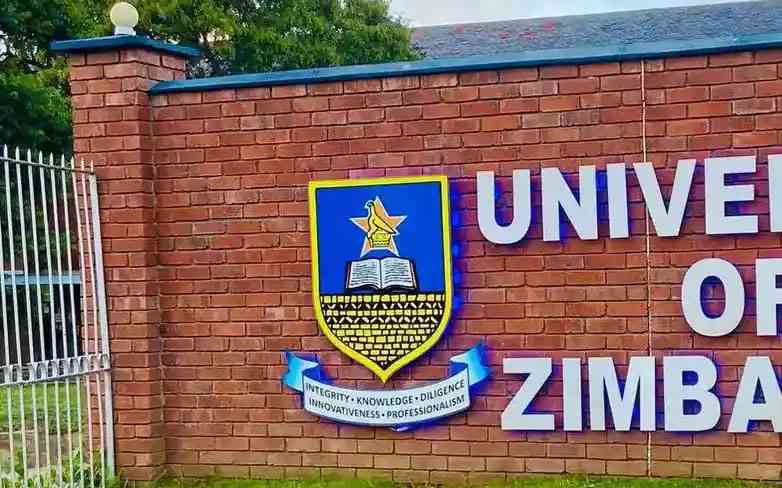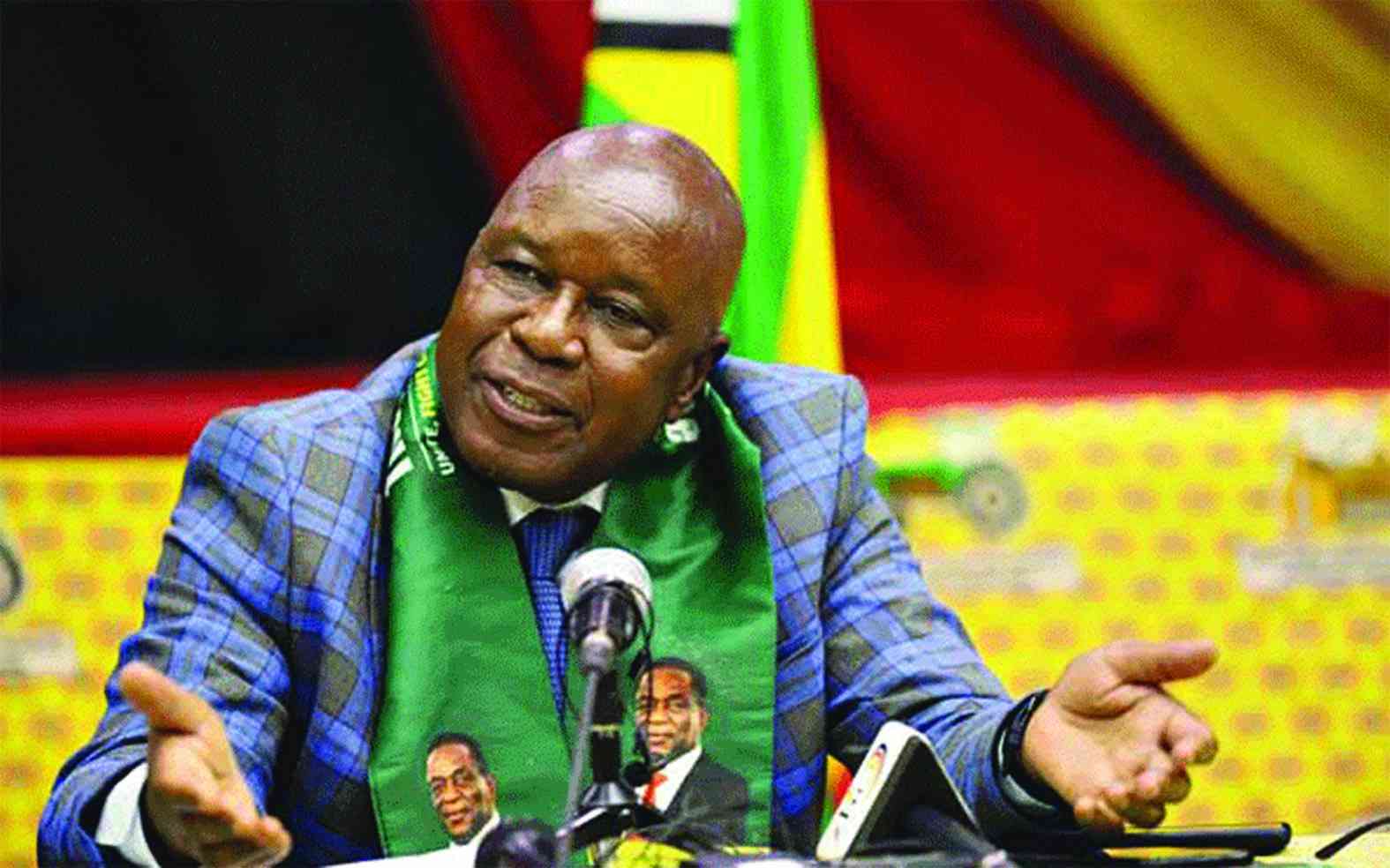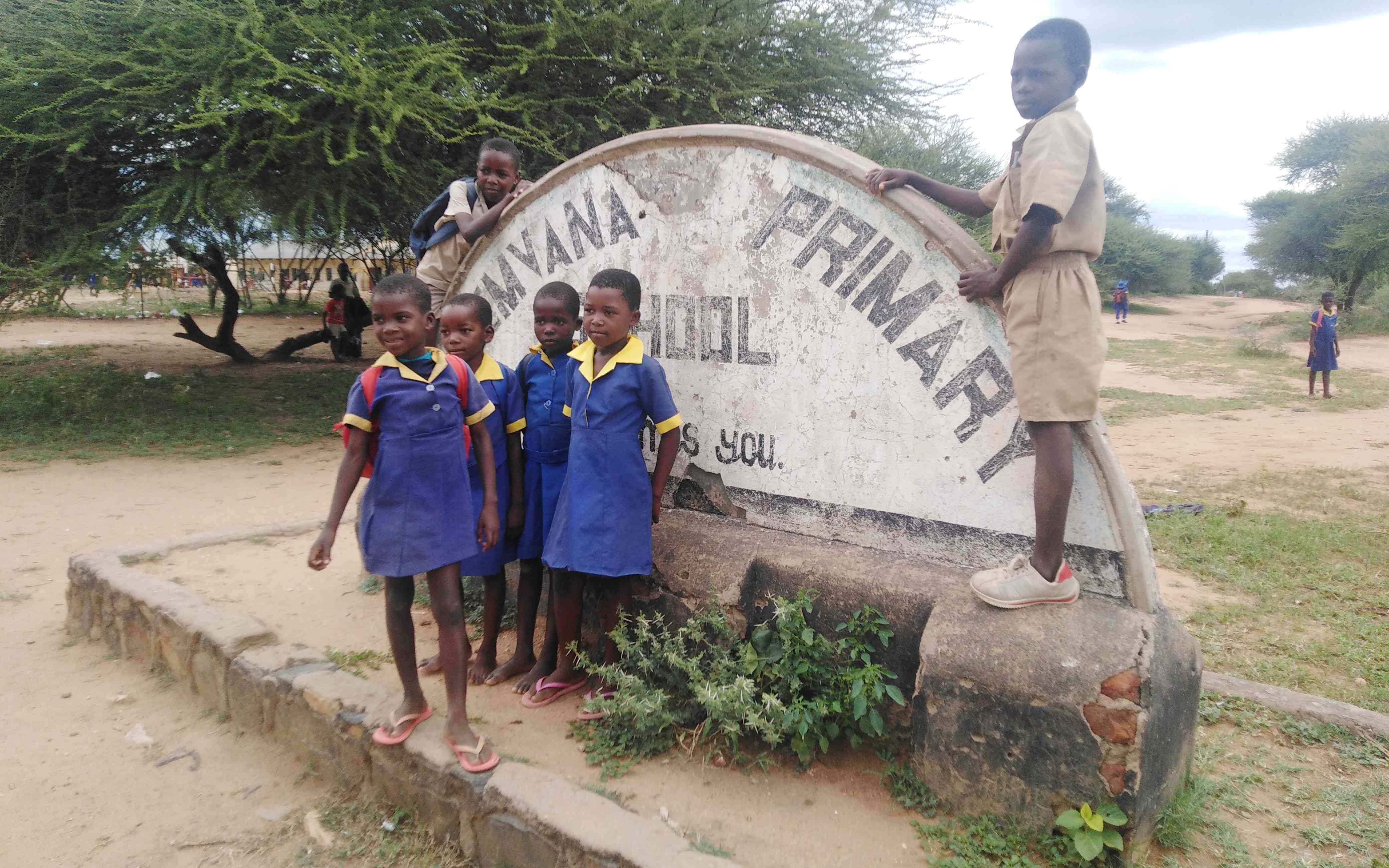By Tim Middleton
Anyone who has been able to see any of the recent Paralympics cannot fail to have been moved, inspired and challenged by the incredible achievements of these athletes, not least as many of us able-bodied people cannot even do the half of what they have been doing.
Their achievements along with those of many others should really motivate us to make use of all that we do have. Folk like Nick Vujicic, a man born with no arms and no legs who describes himself under the banner of ‘No Limbs, No Limits’, have become powerful motivational speakers as well as inspirational models for the rest of us, not simply by their actions, but more by their attitude.
We may all remember Oscar Pistorius, even if the reason is different. Both his legs were amputated below the knee when he was 11 months old but he went on to play numerous sports at school and ultimately went on to gain international success in athletics at various Paralympic Games, using long, J-shaped, carbon-fibre prosthetic lower legs, before seeking to compete in non-disabled international competitions. He eventually became the first double-leg amputee to compete in the Olympic Games, this happening at the 2012 Summer Olympics. Here was a man pronounced “disabled” competing with able-bodied people equally at the Olympic Games; that was astonishing!
However, what may appear to some to be even more astonishing is what happened next. Pistorius and athletes like him were banned from competing against able-bodied athletes because it was claimed they had an unfair advantage. people without lower legs were said to have an unfair advantage over those with their bodies intact! A scientific study undertaken by a German Sports University produced a report that claimed that “Pistorius’s limbs used 25% less energy than runners with complete natural legs running at the same speed, and that they led to less vertical motion combined with 30% less mechanical work for lifting the body”. It makes us wonder whether the authorities were thinking that, if they did not ban these prosthetic limbs, people might deliberately amputate their legs so they could gain an advantage over other athletes!
It is a similar situation to that which many people find themselves here in Zimbabwe, when it comes to education, all the more so in this period of the pandemic. Some children have surely been severely and unfairly disadvantaged by the lack of teaching and learning when compared to those in independent schools where online learning has been much more prevalent. However, children sitting Cambridge examinations here in Zimbabwe have up to now only had 12 weeks of in-school learning compared to pupils in Kenya who will write the same examinations having had 22 weeks of in-school learning. Zimbabweans surely have an unfair disadvantage.
Even living and going to school in Zimbabwe during these times has meant our children have surely had an unfair disadvantage. Living in crowded spaces, in hyper-inflationary times with little medical care available and normal expected public services in many places being non-existent, it will be said that many a child has been unfairly disadvantaged, if we were to compare them to children in the first world. It is as if they have had their legs chopped off from under them.
In truth, we may well argue that instead of it being an unfair disadvantage, our children have an unfair advantage. We could point out that they have a wonderful and healthy climate, plenty of space, wonderful opportunities for sport, a strong education tradition. More importantly though, they have an unfair advantage because adversity produces character and character is what people want most in youngsters, more than even qualifications. That is why Zimbabwean youngsters are snapped up overseas for employment opportunities and university places; they have faced adversity again and again. It is not fair! As schoolchildren are experts in the field of justice, they should know! They are right; it is not fair. Our children have an unfair advantage because they are learning things and developing character that other children who have things more easily are not. Our children have an unfair advantage. Perhaps they can learn from Nick Santonastasso whose insight as a one-armed, no-leg wrestler is worth considering: “Our biggest disability is our mindset!” We need to go out on a limb and change that mindset. Our children have an unfair advantage — so let us use it!
- Tim Middleton is the executive director of the Association of Trust Schools [ATS]. The views expressed in this article, however, are solely those of the author in his private capacity and do not necessarily represent the views of the ATS.





